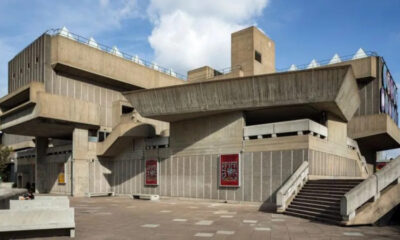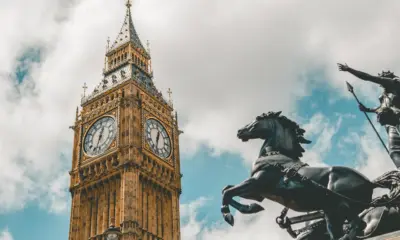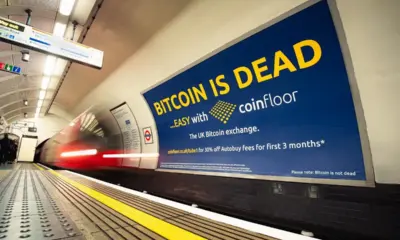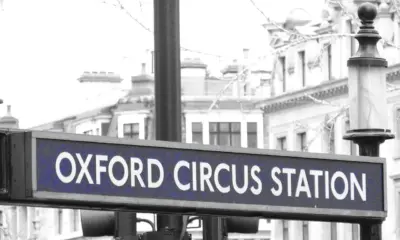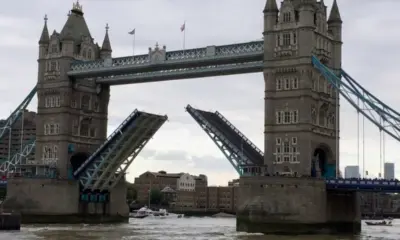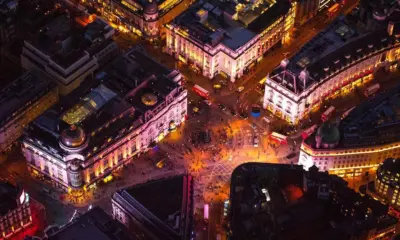Business
Piccadilly Circus Billboards Auctioned As Meme Ad Slots
Neon meets nonsense in public space.
By Hannah Reed – Meme Culture Analyst
From Coke Ads to Crypto Chaos
Piccadilly Circus has always been London’s neon heartbeat. Tourists snap selfies under giant screens, commuters rush past flashing logos, and influencers strike poses in the glow. But according to viral rumours, those iconic billboards no longer sell ads to global brands. Instead, space is now allegedly auctioned as meme ad slots, with the highest bidder’s joke taking over the screens in real time.
A TikTok clip that sparked the frenzy showed a massive board flashing Doge memes alongside candlestick charts. The caption read: “Proof of Meme.” Within hours, #PiccadillyMeme trended across feeds.
Tourists in Confusion
Visitors hoping for Nike swooshes or Coca-Cola bottles were shocked. One American muttered, “I flew here for memes?” Another reel showed students cheering as a Shiba Inu gif looped across the biggest billboard.
Street vendors quickly adapted. One was filmed yelling, “Limited edition mugs, sponsored by MemeCoin!” while hawking neon souvenirs.
Fake or Real?
Polls revealed 55 percent believed the rumour. “Feels real,” one voter wrote. “Advertising already feels like a meme.” Another countered, “Fake, but believable. London loves gimmicks.”
That combination of parody and plausibility made the rumour impossible to resist.
Meme Avalanche
Memes lit up timelines brighter than the billboards themselves. One viral edit showed Shakespeare dabbing under glowing NFT logos. Another depicted the Queen’s silhouette replaced with QR codes.
Parody slogans soon appeared online:
- “Stake your screen.”
- “Liquidity in lights.”
- “Proof of meme confirmed.”
Camden Market stalls quickly sold tote bags stamped with “I advertised myself at Piccadilly.”
Top Comments from the Internet
- “Finally, ads I actually want to see.”
- “My face rugged on the biggest screen in London.”
- “Proof of clout validated.”
Officials Respond
City Hall denied the rumour, insisting advertising remains corporate. But parody press releases circulated anyway. One fake statement read: “London democratises neon.” Another joked: “Billboards powered by blockchains of banter.”
Even politicians got dragged into memes. One edit showed an MP’s face glowing under the slogan “Stakeholder since 1997.”
Why It Resonates
The rumour resonates because advertising already blurs with meme culture. Brands chase virality, influencers chase clout, and billboards simply magnify the chase. Turning neon into meme auctions exaggerates the absurdity until it feels almost real.
An LSE media professor quipped, “Piccadilly meme slots parody how advertising already relies on hype and fleeting attention.” The line went viral, paired with looping billboard gifs.
Satirical Vision of the Future
Imagine all public spaces tokenised. Tube adverts auctioned as meme slots. Black cab exteriors are sold for daily TikTok challenges. Even Buckingham Palace gates are branded with influencer handles.
A parody TikTok circulates: a tourist posing for photos as subtitles read “Ad slot expired, meme deleted.” It reached 700,000 views.
Tourist Reactions
Londoners and visitors leaned into the joke. One student tweeted, “My flatmate’s face just went live in Piccadilly.” Another TikTok showed tourists chanting “Consensus achieved!” when a dancing cat meme appeared.
By Sunday, parody posters surrounded the square, reading “Your meme here for 0.05 ETH.” Crowds queued for selfies.
The Bigger Picture
Behind the humour lies a critique of capitalism and culture. Advertising already saturates public space, chasing attention at all costs. Meme slots mock this reality, highlighting how even civic icons can be sold to the highest bidder.
Cultural critics argue the rumour resonated because both memes and ads thrive on spectacle. They flash, fade, and leave only screenshots behind.
Conclusion
Whether Piccadilly Circus really auctions meme slots doesn’t matter. The rumour has already been minted in London’s meme economy, glowing satire across neon screens.
So the next time you visit the square, don’t just look for brands. Look for jokes. Because in 2025, even billboards are punchlines.
By Hannah Reed – Meme Culture Analyst
hannah.reed@londonews.com

